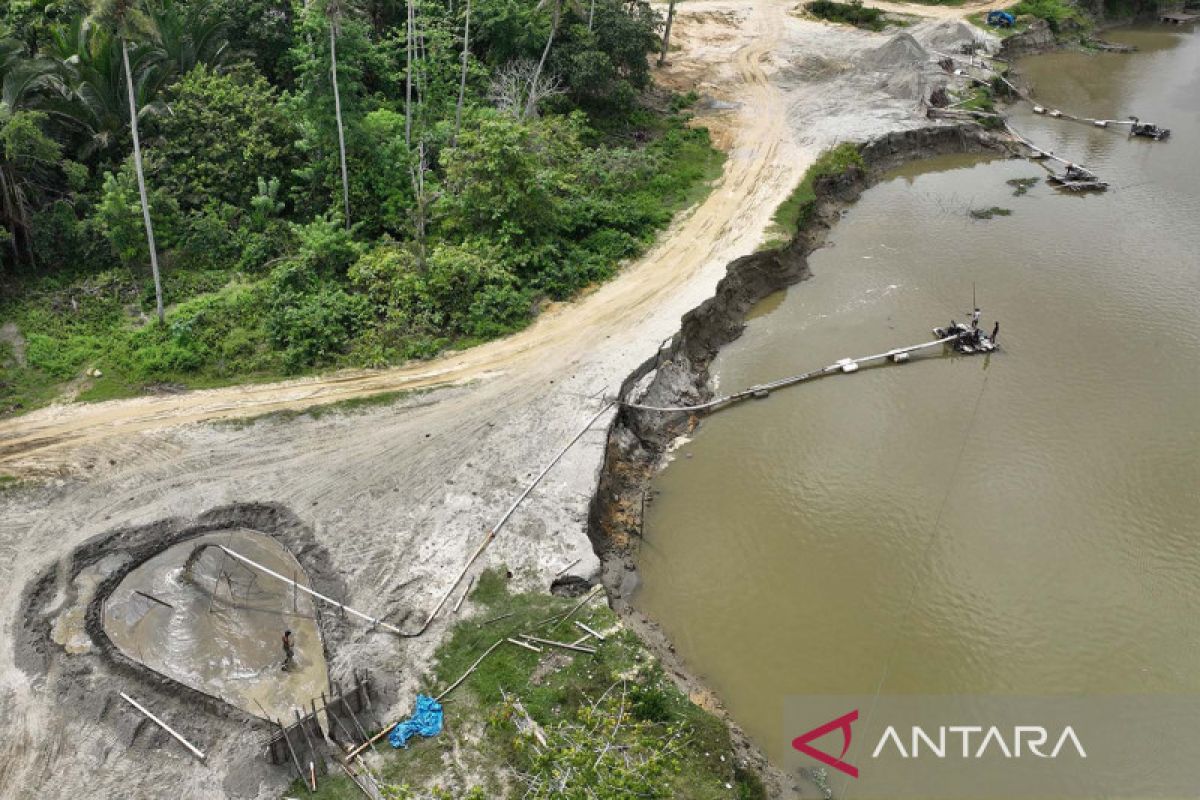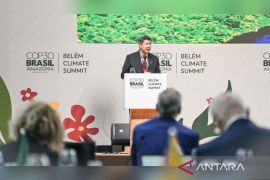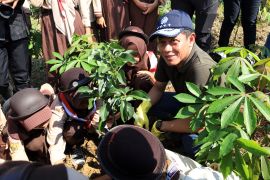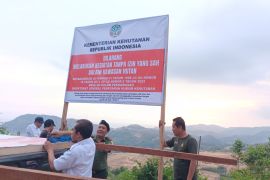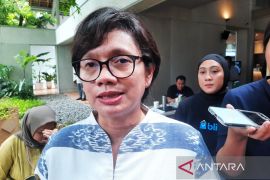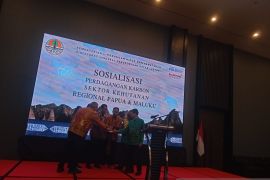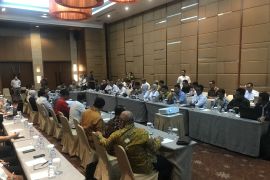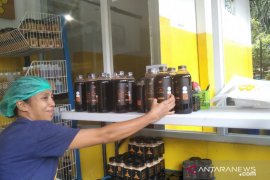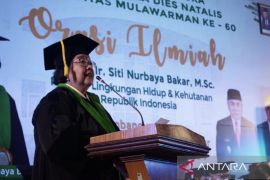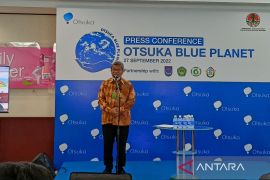Director General of Pollution and Environmental Damage Control of KLHK Sigit Reliantoro stated that the ministry continues to develop collaboration with all stakeholders to jointly improve water quality through various concrete actions and programs.
"The activities carried out are the construction of facilities and infrastructure," Reliantoro noted in a statement in Jakarta, Thursday.
KLHK also encourages local governments to improve water quality through the Regional Performance Response Index (IRKD) as an assessment of local government performance in improving water quality.
IRKD is an indicator that describes the local government's response to the achievement of the target of the Environmental Quality Index (IKLH) in Indonesia.
In 2022, the IKLH achievement was recorded at 72.42 points from the target of 69.22 points set by the National Medium Term Development Plan, thereby indicating an increase of 0.97 points from the previous year.
Specifically for the Water Quality Index (IKA), the figures have increased, as the number of districts and cities that recorded an increase in the index reached 192 (4,884 monitoring points), while a decrease in index was recorded in 157 districts and cities (3,881 monitoring points).
The increase in IKA in 192 regencies and cities was due to the availability of budgets for the implementation of activities, such as the supervision of industry and guidance for small-scale businesses.
Related news: Indonesia's water quality index still below target: ministry
In addition to encouraging local government involvement, the KLHK involves the community through river care communities to implement programs to improve river water quality, such as conducting river patrols and routine cleaning activities as well as scavenging garbage in rivers and around the banks.
Moreover, industrial development is necessitated to be more adherent to regulations through the Corporate Performance Rating Program (PROPER) mechanism.
So far, KLHK has carried out various good practices for improving water quality in Indonesia starting from installing real-time and online water quality monitoring tools (ONLIMO) in Indonesian rivers as an early warning system.
The other steps encompass waste-water treatment through domestic waste-water treatment plants (WWTP), small-scale business WWTP, biodigester, and use of river equivalents with ecoriparian development.
Ecoriparian is a concept that utilizes the equivalent of a river that was originally used as a garbage disposal site and build pollutant load reduction facilities, such as a domestic WWTP, community empowerment facilities, and an environmental education tourism spot as well as green open spaces.
Various regulations aim to improve water quality in Indonesia, including those related to water pollution control in the form of Government Regulation Number 22 of 2021 concerning the implementation of environmental protection and management that regulates the protection and management of water quality.
Moreover, Regulation of the Minister of Environment and Forestry Number 5 of 2021 pertains to procedures for issuing technical approvals and letters of operational feasibility in the field of environmental pollution control.
This regulation regulates the procedures and requirements for business actors, who will discharge waste-water into water bodies and utilize waste-water in the environment.
"Ministerial regulations govern the quality standards for disposing of waste-water into water bodies," Reliantoro concluded.
Related news: Four Indonesian provinces have high marine water quality: ministry
Related news: Improve quality of drinking water, sanitation facilities: PPN Minister
Translator: Sugiharto Purnama, Cindy Frishanti Octavia
Editor: Yuni Arisandy Sinaga
Copyright © ANTARA 2023
